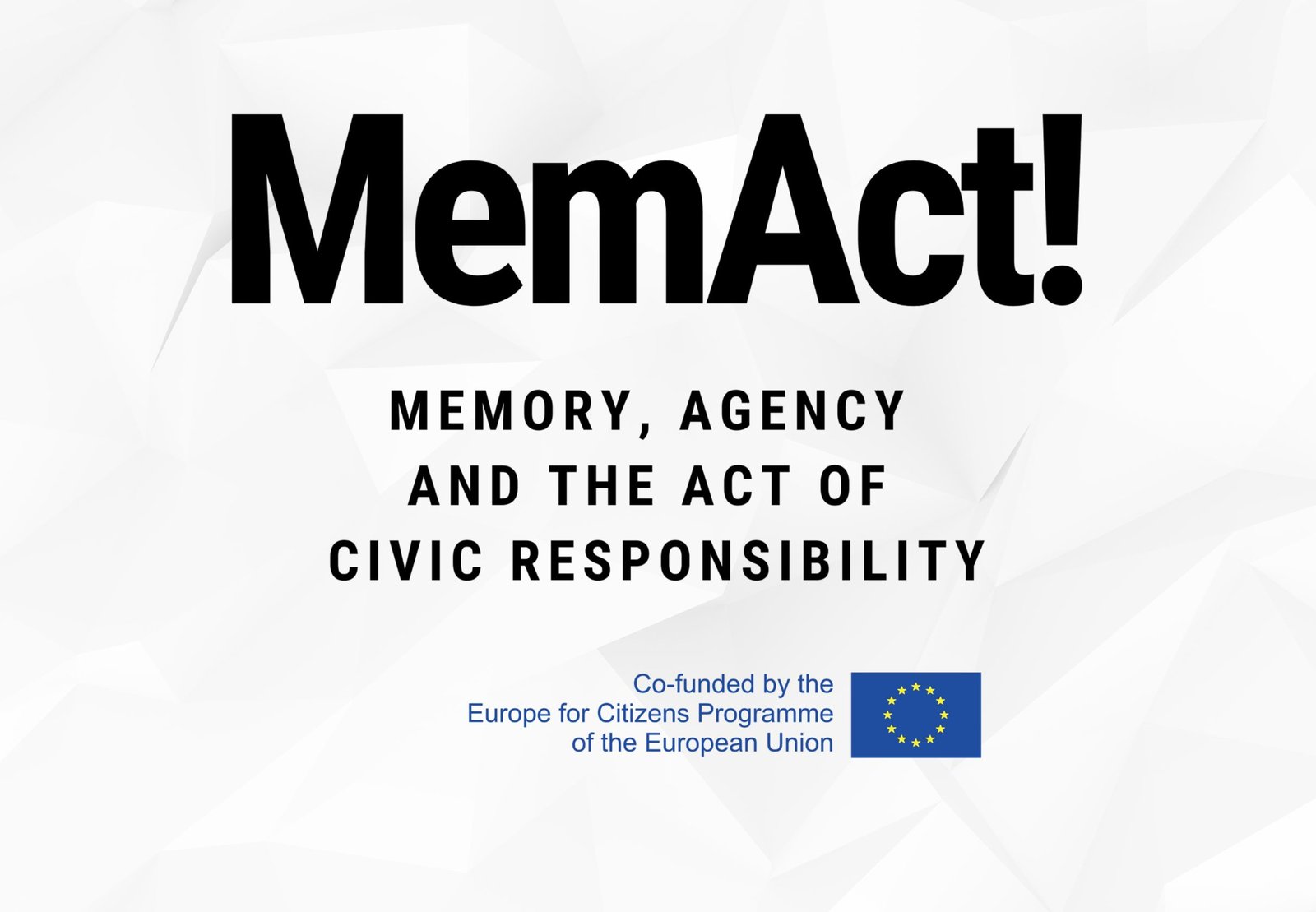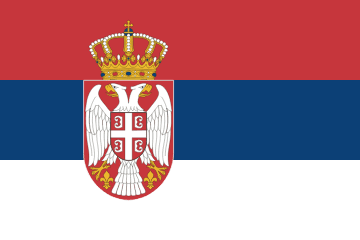MemAct! evaluates, develops and implements best practices participatory methods to learn about the Holocaust, and brings together educators, researchers and activists from different fields of Holocaust learning, civic education and community work against racism and antisemitism.
MemAct!’s aim is to head for a cross-European perspective in Holocaust education with aim to enable communities to connect the past with current societal issues e.g. new antisemitism, anti-migrant Racism and other forms of exclusion.
Program 1:
Cooperation of future teachers from Serbia and Austria
University of Education Upper Austria, Faculty of Pedagogy from Sombor and Terraforming will develop a Holocaust lesson model (prototype) of how to address the shared but divided history of Austria and the Balkan region. Together with young apprentices and students from Austria and Serbia work on the model and test it with students of the University of Education Upper Austria.
Program 2:
Places of Remembrance: Hartheim and Staro Sajmište
Terraforming, Hartheim & NORDICO will explore how visits of memorial sites, authentic historic sites and their contemporary urban/rural surroundings can be connected. Project will include young people in developing methods to foster a deeper understanding of the impact of local histories of the Holocaust in todays’ neighborhoods. The concentration camp “Judenlager Semlin” at Sajmište and the town of Belgrade will serve as a testing ground.
About the Project
By exchanging examples of best practice in Holocaust education, MemAct! team develops participatory models and concepts of education and dialogue on the memory of suffering and crimes in the Second World War. In the MemAct! educational models to be developed, citizens with diverse backgrounds will be encouraged to define their own meaningful questions on the Nazi past and connect them with challenges of our current Europe to approach the ethics of civic responsibility. In addition, educators will learn from the way various participating communities, youth, elderly people, migrants and disadvantaged people perceive history. Through these shared processes, MemAct! will also develop models of collaboration between Holocaust education and anti-racist community work.
The general aim of MemAct! is to challenge and change approaches in commemoration site and museum activities towards a participatory approach. As the problem of the rise of extreme right thinking patterns and attitudes – that once made the Holocaust possible – is of a common Europe concern, MemAct!’s aim is to head for a cross-European perspective in Holocaust education, including too often neglected voices from East – and South East Europe.
To head in this direction, the specific aim of MemAct! is the development, implementation, and dissemination of participatory and democratic methods, models, and learning settings in museums, commemoration sites, teacher training, and schools. Through the project activities, MemAct! aims to build a network between educators and activists in the field of Holocaust education and civic education in a European perspective: Museum or commemoration site employees will learn from NGOs in the field of remembrance activism and anti-racist practices, and vice versa. MemAct! will contribute guidelines and strategies for participatory perspectives in Holocaust education. They will be provided to local, national, and EU policymakers. Hence MemAct! develops and provides the necessary tools to find educational answers on pressing European challenges and perils regarding the rise of antisemitism, anti migrant, anti-Roma Racism, and


.png)



